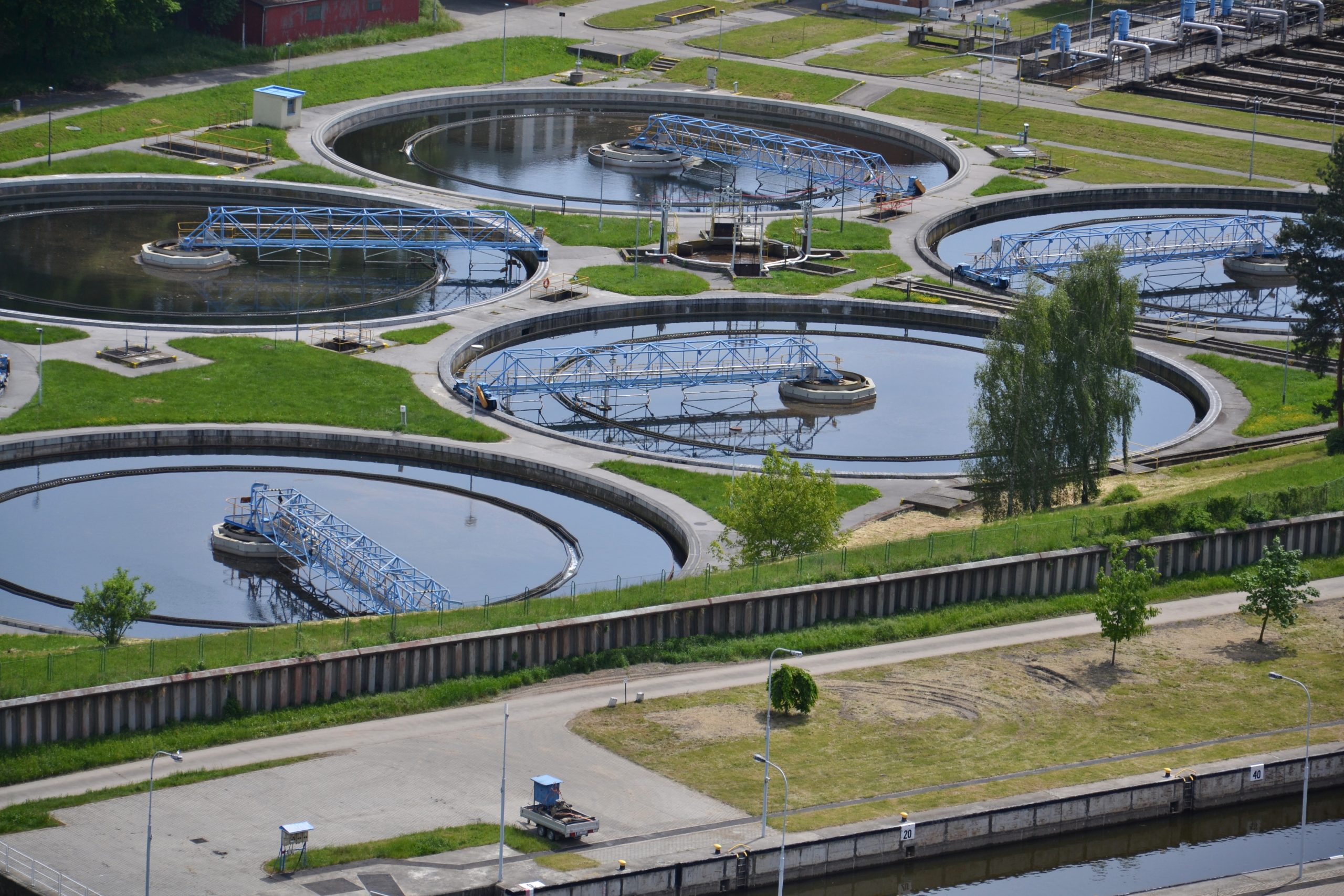As a business owner in Northeastern Pennsylvania, understanding the intricacies of your water treatment plan is crucial. One hidden threat you might be overlooking is grit in your water treatment system. This seemingly minor issue can become a significant problem, costing you time, money, and peace of mind.
You will want to explore the financial toll grit can take on your business and learn how it can damage equipment, increase maintenance costs, and reduce efficiency. By addressing this issue proactively, you can protect your investment, ensure smooth operations, and avoid unexpected expenses and operational setbacks. Don’t let grit undermine your success—learn how to tackle it head-on.
What Is Grit in Water Treatment, and Why Should You Care?
Grit in water treatment refers to the inorganic material, such as sand, gravel, and other fine particles that can be found in wastewater. These particles are heavier than water and have a higher specific gravity, which means they tend to settle at the bottom of water treatment systems. Grit particles can vary in size, and their accumulation can pose significant challenges to the efficiency of your treatment plant.
How Does Grit Affect Your Water Treatment Plant?
The presence of grit in your water treatment system can lead to several operational issues. Here are some of the key ways in which grit can impact your treatment plant:
- Increased Maintenance Costs: Grit particles can cause excessive wear and tear on mechanical equipment, leading to frequent repairs and replacements. This additional wear and tear increases the overall maintenance costs of your treatment plant.
- Reduced Efficiency of Treatment Systems: Grit accumulation can clog pipes and channels, reducing the efficiency of your water treatment process. This accumulation can result in the need for more frequent cleaning and maintenance, further adding to your costs.
- Damage to Treatment Infrastructure: Over time, grit can cause significant damage to the infrastructure of your treatment plant. Damage like this can lead to costly repairs and potential downtime, affecting business operations.
What Are the Best Methods to Remove Grit from Wastewater?
Removing grit from wastewater is essential to maintaining the efficiency and longevity of your treatment plant. Here are some practical methods for grit removal:
- Vortex Grit Chambers: These chambers use a circular motion to separate grit particles from the water, allowing them to settle at the bottom for easy removal.
- Aerated Grit Chambers: In this method, the air creates a spiral flow that helps separate grit particles from water.
- Mechanical Equipment: Various types of mechanical equipment, such as grit removal systems, can be used to separate grit from wastewater physically. These systems can handle large volumes of material and effectively remove even fine grit particles.
How Can Grit Impact Your Business Financially?
As a business owner in Northeastern Pennsylvania, you may not immediately recognize the financial toll that grit in your water treatment system can take. As discussed already, grit can infiltrate your water treatment and wreak havoc over time.
The costs associated with managing and mitigating grit can add up quickly, impacting your bottom line in several ways. Understanding these financial implications is crucial to maintaining the efficiency and profitability of your business. Here are some ways in which grit can cost your business money:
- Higher Operating Costs: The need for frequent maintenance and repairs due to grit can lead to higher operating costs. These costs include replacement parts, labor, and potential downtime.
- Decreased Efficiency: Grit can reduce the overall efficiency of your treatment system, leading to increased energy consumption and higher utility bills. This can also result in lower productivity and potential regulatory fines if your treatment system fails to meet standards.
- Long-term Damage: Continuous exposure to grit can cause long-term damage to your treatment infrastructure, resulting in expensive repairs or replacements. This can be a significant financial burden for your business.
How Can You Prevent Grit from Affecting Your Water Treatment Plant?
Preventing grit from entering your water treatment system is the best way to avoid the associated costs. Grit can cause extensive wear and tear on your equipment, reduce operational efficiency, and lead to costly repairs. Taking proactive steps to prevent grit accumulation is essential to maintaining the longevity and effectiveness of your treatment plant. By implementing targeted strategies, you can protect your system from the detrimental effects of grit, ensuring smoother operations and significant cost savings. Here are some preventive measures you can take:
- Regular Maintenance: Conducting regular maintenance and inspections of your treatment plant can help identify and address grit accumulation early.
- Installing Grit Removal Systems: Investing in effective grit removal systems can help prevent grit from causing damage to your treatment plant. These systems are designed to handle different types and sizes of grit particles.
- Educating Staff: Training your staff on the importance of grit removal and proper maintenance procedures can help ensure that your treatment plant operates efficiently.
Remove the Grit in Your Water Treatment Plant
Understanding the impact of grit on your water treatment plan is crucial for maintaining the efficiency and cost-effectiveness of your operations. By implementing effective grit removal methods and preventive measures, you can avoid the high costs associated with grit accumulation and ensure the longevity of your treatment plant. As a business owner in Northeastern Pennsylvania, staying informed about these issues can help you make better decisions for your business and protect your investment in water treatment infrastructure.
When you need professional assistance with grit removal and prevention, don’t hesitate to call Biros Septic. Our experienced team can help you manage and maintain your treatment system, effectively controlling grit buildup. With our expert services, you can keep your operations running smoothly and avoid the costly consequences of grit accumulation. Call us today to get started!

